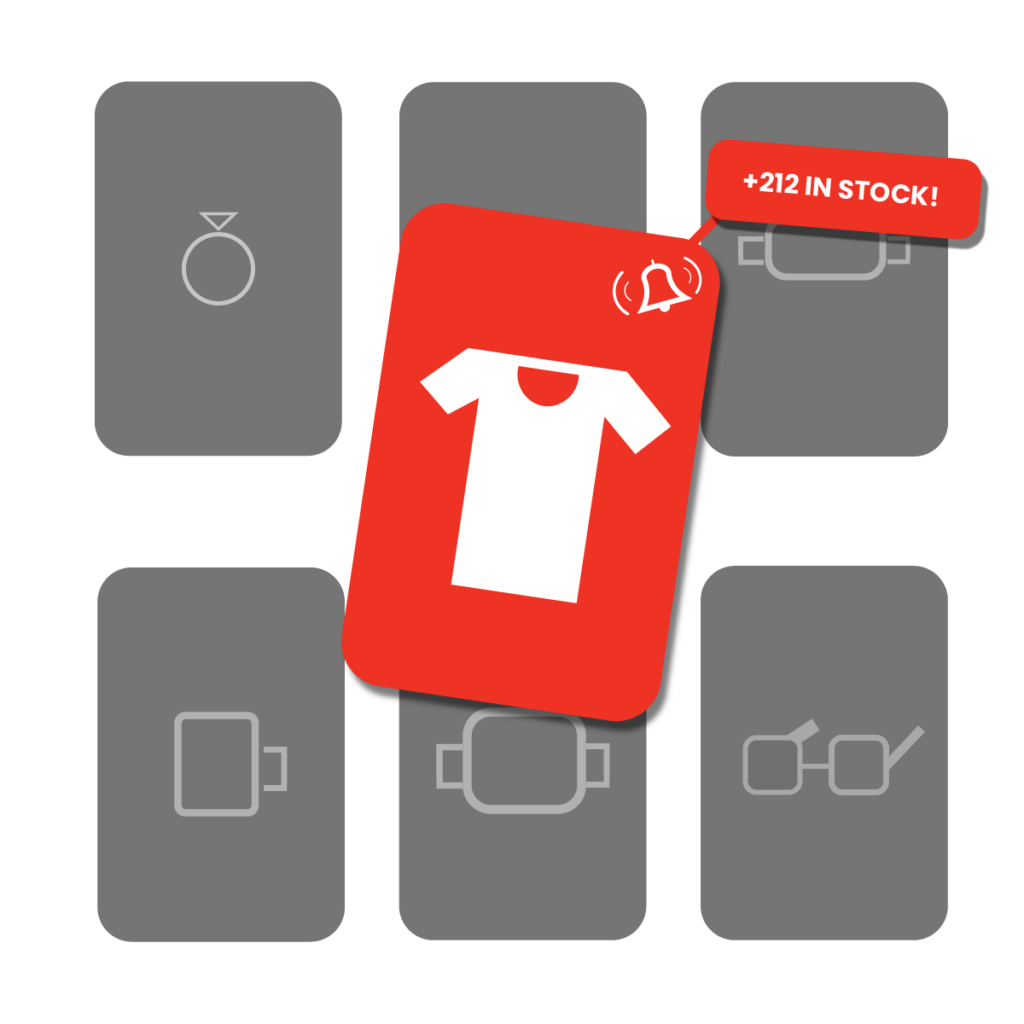 Achieve Unmatched Speed to Market with Marketplace Solutions
Achieve Unmatched Speed to Market with Marketplace Solutions
By Logicbroker | July 1, 2022
Being first to market is the key to unlocking additional revenue. The first retailer or seller to provide a solution, product, or service to consumers is not only the first to a sale but also the first name consumers think of when searching for their next product. Building your own marketplace or connecting to (international) marketplaces allows you to connect with consumers at record speed, all while improving your backend eCommerce processes.
What Is a Marketplace?
An online marketplace is a website, app, or eCommerce ecosystem that serves as a host to multiple sellers. The marketplace operator provides a place for sellers to offer their inventory and facilitates the transactions. It’s up to the onboarded sellers to fulfill each order. eBay is the best-known example of a site that’s purely a marketplace, however, eBay is largely uncurated. Amazon is the largest marketplace but also holds its own inventory of products.
Tapping in to Backend Advantages
While marketplaces have numerous consumer-facing advantages, the most important benefits for retailers looking to build their own marketplace and sellers looking to connect to additional marketplaces are on the backend: increasing your speed to market, reducing your overall costs, and saving your organization time.
Unparalleled Speed to Market
There are three key aspects of speed to market—onboarding, contract negotiations, and communication. With a marketplace built to your needs and specifications, these three time-consuming activities are now measured in hours, rather than days, weeks, and months.
Self-Service Onboarding

Marketplace onboarding can be done at the drop of a hat. Instead of having to test and recheck connections, bringing on new sellers only gets easier as sellers become savvy in self-service onboarding. Your eCommerce partner should offer a straightforward approach with workflows and UIs crafted from onboarding thousands of sellers over the years. New sellers can be connected and tested without the need for extensive documentation or retailer involvement.
Upfront Contracts
In a marketplace, the deal between operators and sellers is a yes or no proposition. Either sellers choose to participate at your set commission rate/terms and conditions, or they don’t. Without the need for lengthy contract negotiations, retailers avoid weeks (or months) of redlining.
Easy-to-Understand Payment Processing
With advanced APIs and eCommerce backends that connect with almost every system, your newly developed marketplace should provide virtually automated payment processing. Ideally, your eCommerce partner will integrate with almost every payment provider and offer a seamless “invoice-free” experience. When a sale is made, split payments are quickly and automatically processed and distributed at set times.

International Availability
Without the worry of monitoring invoices or checking up on mountains of paperwork, marketplace operators have a unique way to circumvent time constraints and international time zones. Marketplaces are available to the global eCommerce market 24/7 and allow consumers to purchase goods from all over the world. With round-the-clock availability, consumer confidence will only grow in a given marketplace’s ability to satisfy their shopping needs.
Product Management

Product information software that automates the bulk upload of marketplace information can save your organization hundreds of manhours. Standardized and curated marketplaces not only offer a better frontend consumer experience but also provide a seamless backend experience for sellers.
Inventory Management
You can’t afford to over-sell a product and ruin consumer trust. A fully integrated backend focused on your brand-new marketplace should come equipped with inventory algorithms that provide inventory alerts and updates in real-time—not after crucial shipping deadlines are missed.
Communication Tools
When problems do arise, having communication tools built into your backend can save you both time and stress. Automated issue tracking and dispute resolution tools should be built into your backend processes to make sure that every dispute can be investigated. No problem will be left waiting for documents to be uploaded.
Taking Advantage of the Benefits
The backend advantages to starting a marketplace, or even connecting to an existing one, offer retailers and sellers a safe avenue for both honing in on their target audience and curating a selection of goods that will retain them. With the remarkable consumer-facing advantages of an eCommerce marketplace and the extensive backend advantages, retailers can’t afford to sit back while marketplace giants like Amazon, eBay, and Rakuten continue to fight for a monopoly on the market.
Reach out to your eCommerce partner to explore how marketplace solutions fit with your organization’s goals and revenue targets. If you’re looking for an eCommerce partner, let us show you why Logicbroker is the fastest-growing marketplace solution in the industry, and how we can help you tap into the unmatched speed-to-market advantages marketplaces have to offer. Missed our previous blog about the revenue potential of marketplace selling? Read it here.
Modern dropship & marketplace solutions have never been so easy.
Are you ready to drive growth and gain unparalleled speed to market with a modern, scalable dropship or marketplace program? Fill out the form below to get in touch with our team: